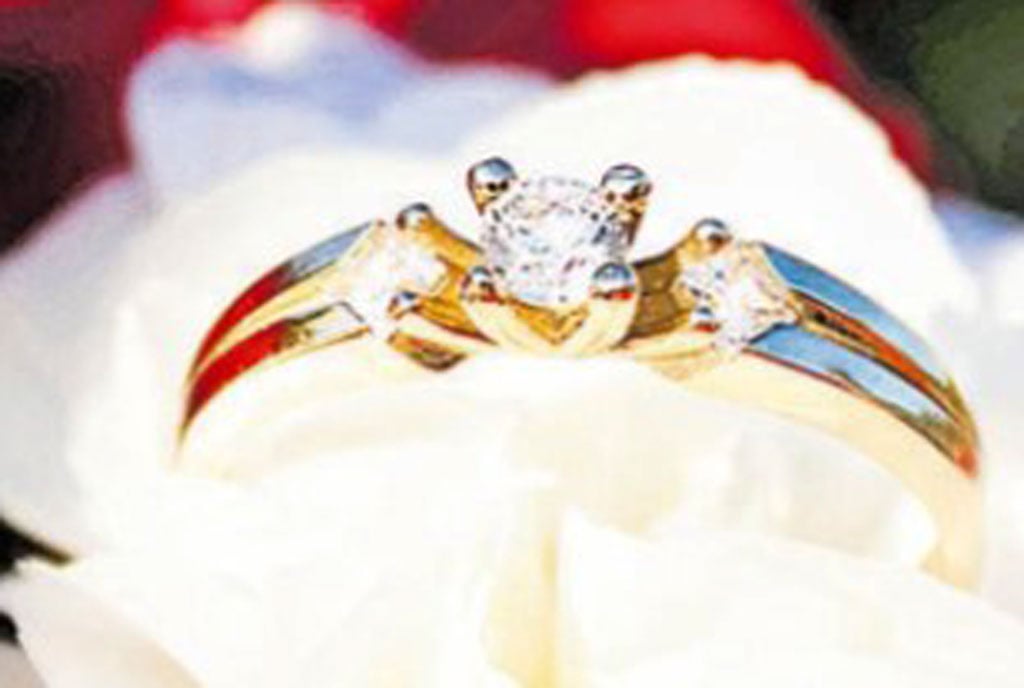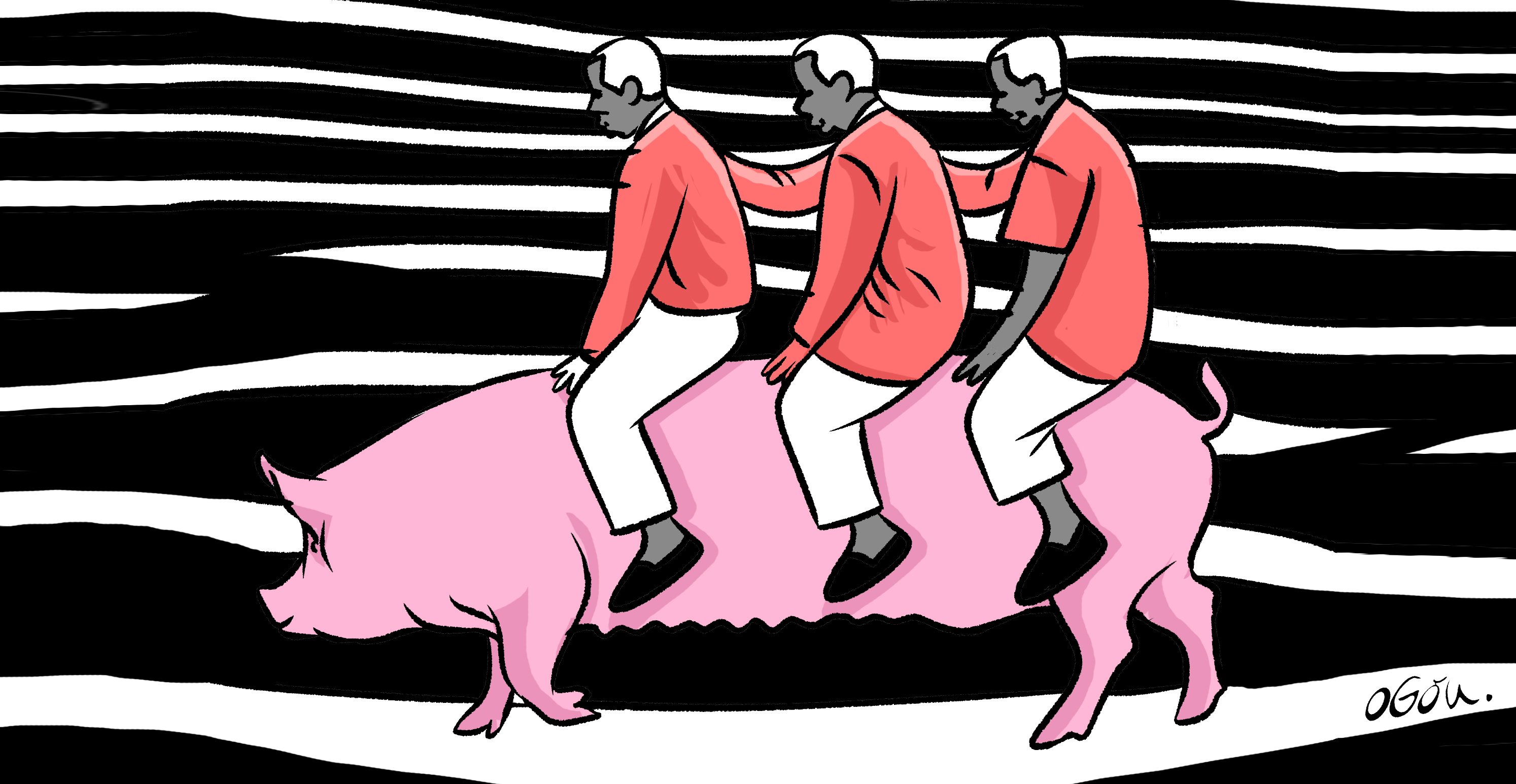Prime
Does a wedding ring matter?

Wedding rings have a long history, from the braided papyrus rings of ancient Egyptian couples to the popular golden bands of today. PHOTO/UNSPLASH.COM
What you need to know:
- The exchange of rings in Christian marriage ceremonies can be traced back to ancient Rome, where rings symbolised a marriage contract rather than love.
At a dear friend’s recent death, a debate arose over whether he should be buried with his wedding ring. His wife wanted to keep the ring, which was inscribed with her name and their wedding date, as a keepsake.
However, a friend mentioned that the deceased had once told him that his ring should never be removed. Without any written instructions from the departed, the decision fell to the family. After a long discussion, it was decided to respect his supposed wishes, and he was buried with the ring.
Initially, I intended to use this story to encourage people to make wills, as they can ease family decisions during difficult times. However, like many others, I am reluctant to take that step myself for various reasons. As a married woman, I do not have any personal possessions that might cause disputes among my children and family, so I have decided instead to write about wedding rings.
Wedding rings have a long history, from the braided papyrus rings of ancient Egyptian couples to the popular golden bands of today. As now, the rings were worn on the fourth finger of the left hand, following an ancient belief that this finger had a vein, the "vena amoris," that led directly to the heart. This idea is rooted more in folklore than in modern science.
The exchange of rings in Christian marriage ceremonies can be traced back to ancient Rome, where rings symbolised a marriage contract rather than love. In those days, the bride’s father and the groom would exchange rings as a way to formalise the marriage arrangement. This tradition mirrored the dowry practices of the Banyankole people, where marriage represented a formalised agreement rather than a purely romantic bond.
Today, wedding rings are exchanged in ceremonies accompanied by blessings that give them deep symbolic meaning. Their circular shape represents unending love and commitment. While these rings evoke sentiments of devotion, how they are worn and treated after the ceremony can say a lot about the marriage. The presence or absence of the ring often reflects aspects of the couple's relationship and emotional connection.
I have observed that women tend to wear their wedding rings more consistently and often attach greater meaning to them than men. For women, the wedding ring serves as both a symbol of marital status and as an assurance against any challenges that may arise. When a married woman is seen without her ring, it may imply a lot about her marital state and her position within it.
Men, on the other hand, often have a more relaxed attitude toward wearing their wedding rings. For some, the decision not to wear a ring may simply be due to unfamiliarity with wearing jewelry. Others may choose not to wear it as a way to remain open to romantic opportunities, viewing the ring as something that could "block" these chances.
That said, if your relationship is strong, it might not matter whether your partner shares the same attachment to the wedding ring as you do. Wearing a ring does not necessarily prevent infidelity, and in Kampala, it is even joked that “side chicks” taunt wives by telling them to “keep the ring while they keep the man.”
Ultimately, marriage is about much more than the symbolism of a ring. I find mutual respect, shared values, and a commitment to one another more binding than the most expensive ring.




